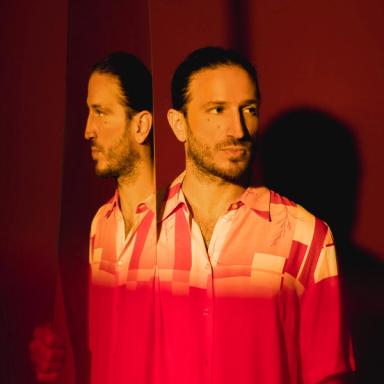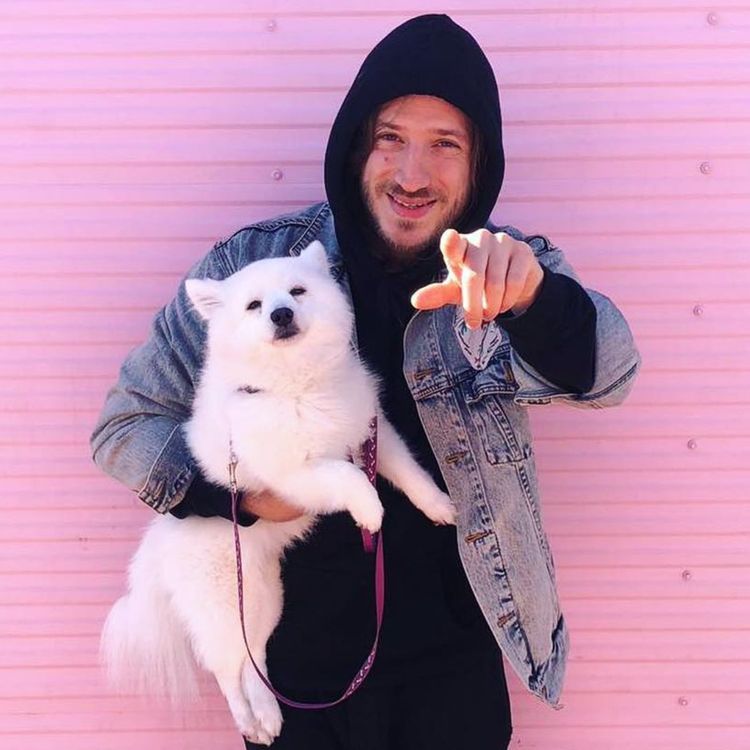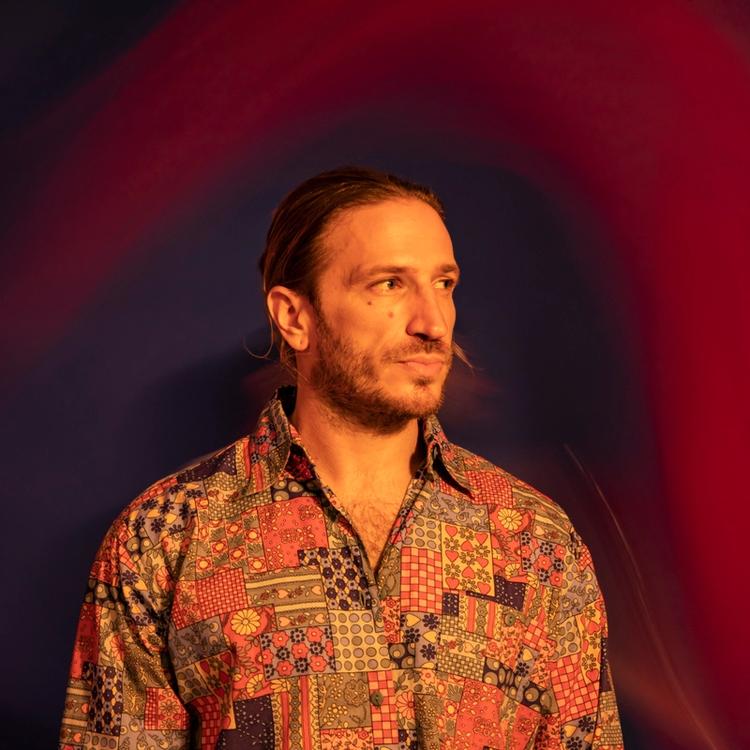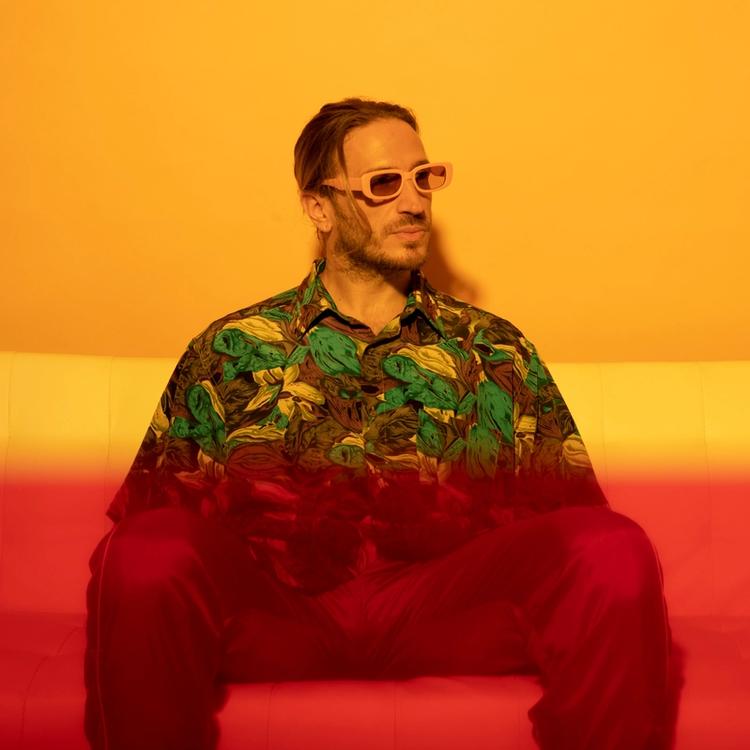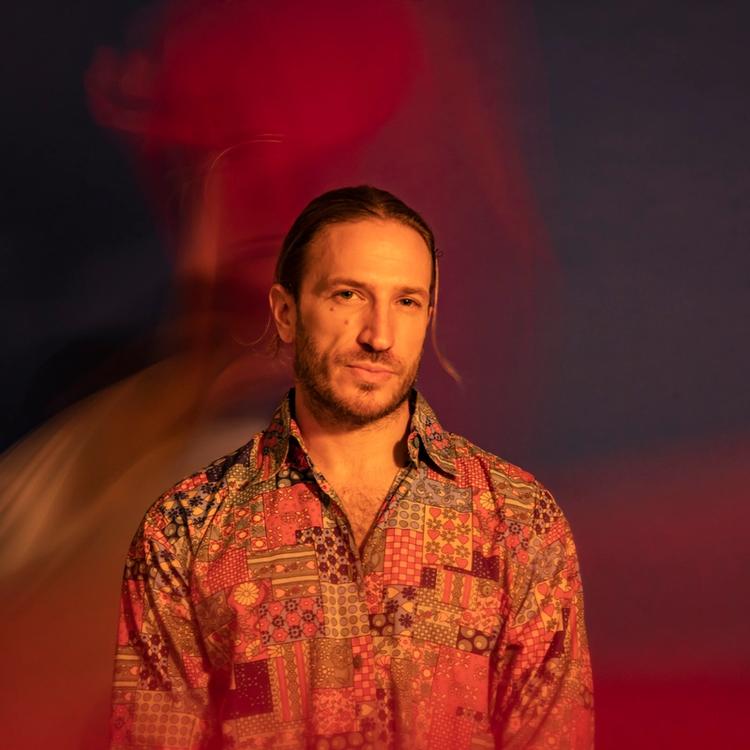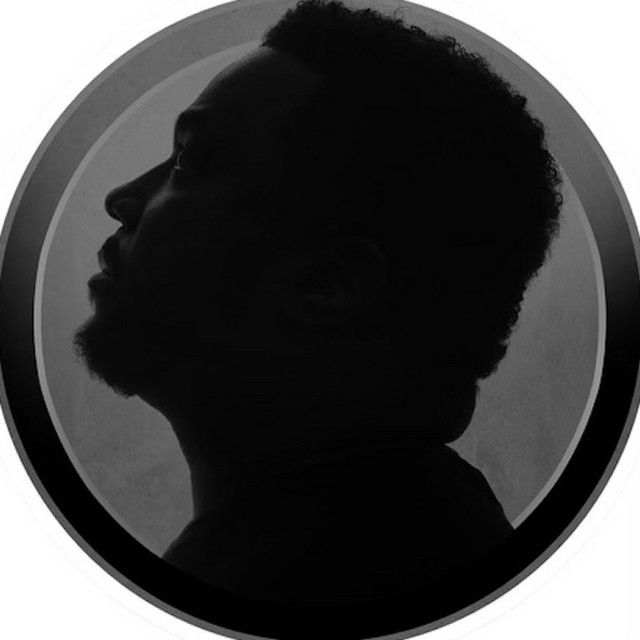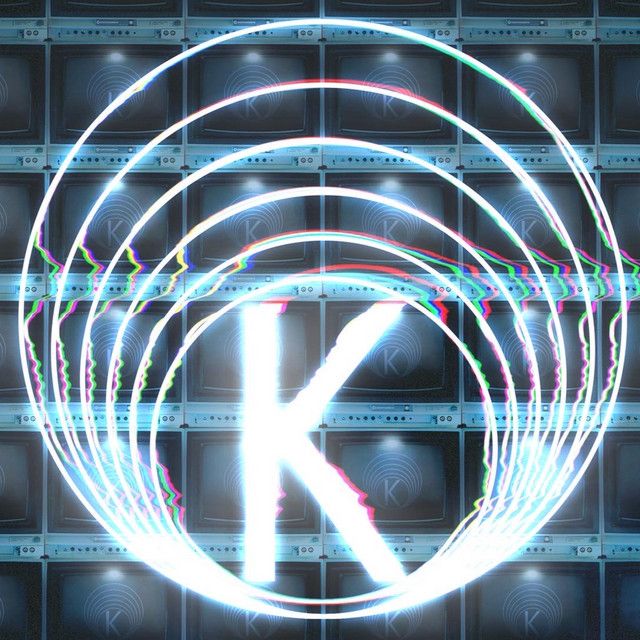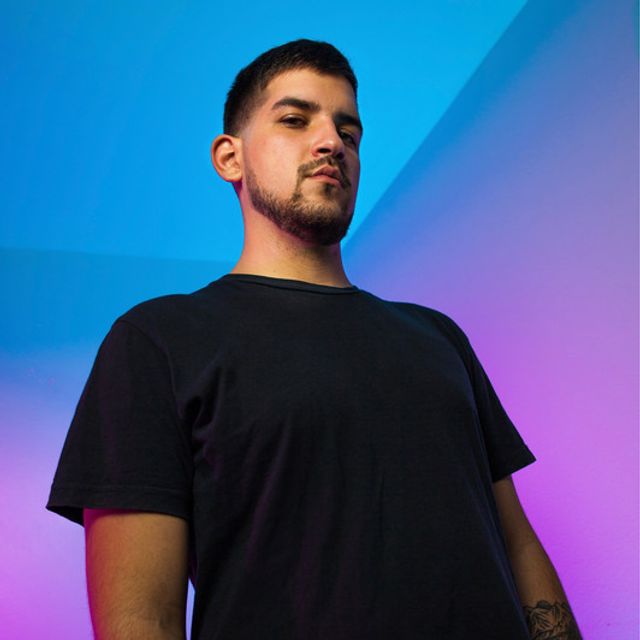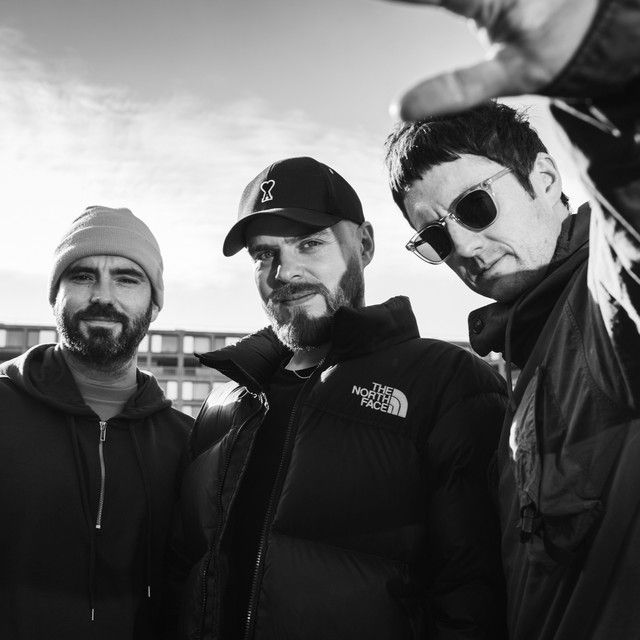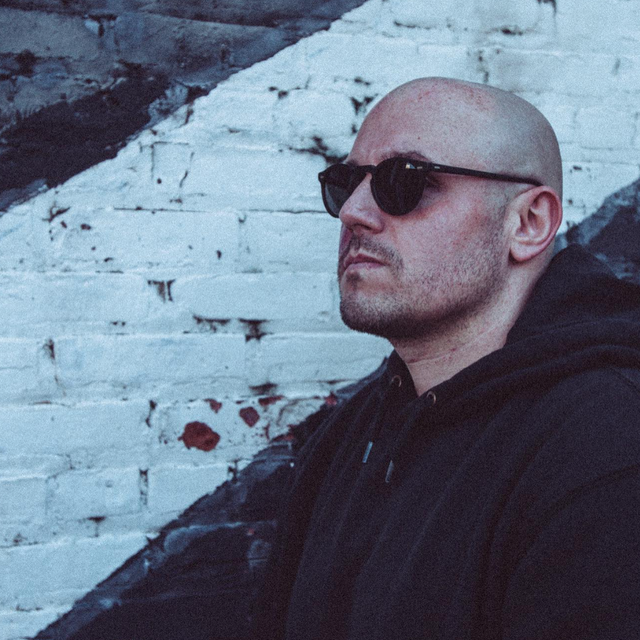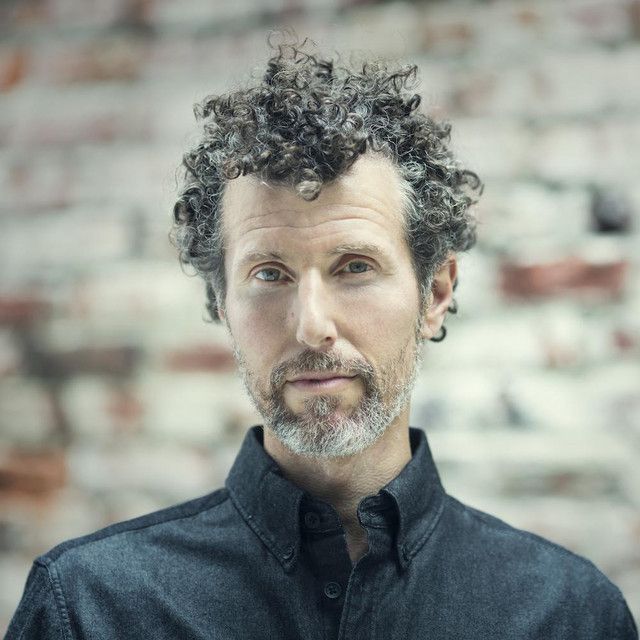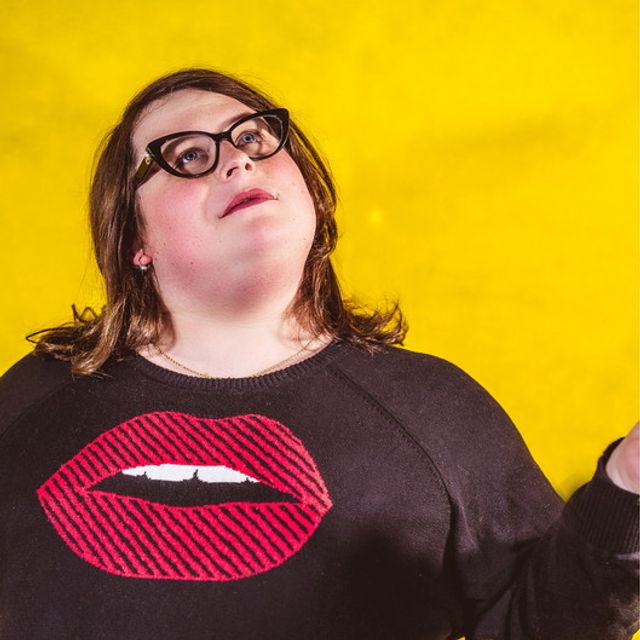Artist Spotlight
Rhythm and flow are the building blocks of Emanuel Satie’s musical DNA. They emanate from his being even as we sit on opposite sides of a video call. You can hear it in how he speaks and see it in how he carries himself. Those traits permeate every element of his sonic pallet, from his love of minimal techno to a relatable guilty pleasure for Drake. It turns out this rhythm and flow were qualities passed from one generation to the next. “My mom was a ballet dancer and she worked also with dance with kids… she was always dancing in the living room and doing her ballet movements there… I always loved that,” Emanuel shares. “And my father had a big record collection. So he had all these vinyls at home, a lot of like Stevie Wonder, a lot of soul music… I was discovering these records. I loved sitting there just going through them, looking at them, listening to them, reading the lyrics and all that stuff. And he was also playing the piano a little bit. I loved that as well. So it really came from my parents’ passion for music and dance.” While the music inside his Frankfurt, Germany home consisted largely of golden era soul, ballet standards, and sporadic stints studying various instruments, Emanuel, like many adolescents of the 90s and 00s, first expanded his music pallet via radio and the burgeoning music television market. Through these external outlets, he discovered his first true passion—hip hop. German hip hop truly captured his interest. Artists like Kool Savas not only made the genre more digestible and accessible, it made it more attainable. “German hip hop got popular at that time as well. And so I was like, man, I think just rapping in English, I cannot do that. But all of a sudden there were guys in Germany, rapping in German, and they were quite successful. And I think, ‘let’s do that.’ I actually had a little rap career. I had my first performance when I was 13 years old in a bar,” he sheepishly remembers. “It was a one-off show. I think I forced my classmates at that time to be in a band. I was actually writing the lyrics for the whole group. I remember that. I was writing the lyrics for everyone, the hooks and everything. I said, ‘You got to do this, you got to do that. We got this gig.’ Then I even got picked up by some older guys that were doing hip hop already, like properly recording stuff, they had a studio. And so I was hanging out with these older German wannabe gangsters, you know, and doing German gangster rap,” he laughs. At fourteen, Emanuel received his first professional music opportunity. The group wanted the young performer to join them on tour, but Emanuel felt unready to take such an enormous leap. “I told him… ‘I don’t want to tour, I don’t want to rap in front of people.’ And I was too shy. I was way too young… That wasn’t for me. So I quit the group and I got out of music. But…” he continues. “I remember I was extremely passionate about it. I was just always carrying this book with me writing lyrics every day and for that age I was extremely committed and super passionate about it.” While his passion for music would find nominal expression for the next few years, an eighteen-year-old Satie would soon partake in a reinvigorating and life-changing experience—the inaugural club encounter. “That spirit came back when I discovered dance music… And it was only when I started going out when I was 18, I was allowed in clubs and then I discovered house music… With house music, I kind of fell in love with the social aspect of it because it was such a great vibe. Everybody was in a good mood. There were no fights. There was not this macho culture or something. People were very cautious and nice to each other.” While the omnipresent vibes of house music are enough to soften even the roughest exterior, the sonic elements that captured Emanuel’s interest were a bit deeper. “That was really with minimal techno,” Satie fondly recalls. “When I was in this club and there was this music, I didn’t even know what it was. There were no melodies. It was super simple. And then this hi-hat would start at like two minutes in the break, in the track. And it was like this minimal change, you know? But it would give you so much more energy… That was very fascinating to me. And yeah, I have to say I really understood dance music at that point.” Emanuel’s new passion was pure. A state champion competitive boxer at the time, Satie’s club experiences were uniquely unbiased by typical experience enhancers. “Even when I was just a raver, I was obsessed with the music… I was going to these after hour clubs, completely sober because I was still an athlete. All my friends were hammered. Everybody was on drugs… I was the only person not even drinking, driving everybody home afterwards as well. And yeah, it was fast, but I loved the music so much that I had to be a part of this. And I stayed until 10 a.m., 11 a.m., and I’m completely sober.” As many dance music fans know, it is a slippery slope down the rabbit hole when you find your launching point. And Emanuel was all in. “I was already more interested in the music than most other people at parties. I was doing research which tracks are being played by whom. I was listening to sets and trying to find out all the names of the tracks that I liked and stuff. And was also going to record shops and just buying vinyl.” Satie purchased so much vinyl that he attracted the attention of another record store goer who mistook Emanuel for a DJ. The man, named Gigo, offered to teach the ravenous young fan how to DJ, and the two began a long, fruitful relationship. “For nine months in a row, every Saturday, we would go in his basement and I would just play for hours and hours on end, like eight hours just playing a set. All the friends were there, you know, we’re having a nice time… He also got me my first small gigs and stuff and put me under his wing… We also simultaneously… started to produce a bit. And, man, I mean, the beginnings for me were, I was a student, I was like, 19, I was broke. I didn’t have any money. So I bought like a €200 laptop at a German discount, and downloaded a cracked version of Ableton. I was just producing with the stock instruments it had. And I remember my laptop would break down every 20 to 30 minutes. It would get so hot. But I actually finished my first EP like this.” He’s come a long way from those hours in Gigo’s basement. In the years following those weekly lessons, Emanuel Satie has continued to pour himself into his passion, exploring the nuances of life across a broad spectrum of sound. Club-filling tech house coincides with worldly organic offerings in a prolific library that includes releases on labels like Defected, Crosstown Rebels, Cocoon, Rebirth, and his collective label, Scenarios. He was named 2016’s Best Producer at the Ibiza DJ Awards and even became the Godfather of Gigo’s newborn. Much has happened and continues for Emanuel Satie, but it is all intentional. While he may not have entered the dance music space with grand designs of being a DJ and producer, his zeal for the many facets of life and sonic experience have proven to be a steadfast North Star through the creative and the professional. Enlivened by his passions, one can’t help but be inspired as Emanuel Satie continues navigating the human journey with his mother’s flow and his father’s rhythm.
Overview
Emanuel Satie is a DJ and producer who is celebrated for his unique groove-infused house and techno tracks. He first found his love for music as a teenager through hip hop and later discovered a passion for DJing and producing. Emanuel is not classically trained, but rather self-taught, allowing his raw passion to guide his musical journey.
Starting his career in Berlin, Satie was heavily influenced by iconic producers such as Kink, Josh Wink, and DJ Koze, as well as labels like Moon Harbour and Desolat. Their impact can be seen in Satie's work, combining timeless themes with contemporary vibes to create a distinctive sound.
Satie has released numerous EPs, with his work often hitting high on the charts and gaining significant support from fellow DJs and producers. His work has been released on renowned labels such as Matthias Tanzmann’s Moon Harbour, Saved, and Eats Everything’s Edible. His ‘The Feeling EP’ has particularly been a hit on dance floors worldwide, with widespread support from notable DJs like Solomun, Keinemusik Crue, and Super Flu.
His contributions to the electronic music scene haven't gone unnoticed. In 2022, Emanuel was recognized at the DJ Awards in Ibiza, where he was voted Best Producer. This prestigious accolade reflects his talent and the high regard in which his work is held within the music industry.
Emanuel's performances at venues and festivals are as impactful as his studio work. He has played at esteemed clubs such as Watergate in Berlin and Phonix Klein in Istanbul and has toured globally, from Lisbon to San Francisco. Satie has graced the stages of numerous festivals, including the BPM festival in Mexico and the SXM Festival, always leaving a lasting impression on his audiences.
Beyond his music, Emanuel is a strong believer in the power of teamwork. He credits his success to the collaboration and close work with his management and agents, regarding his project as a collective effort rather than a solo endeavor.
In recent years, Emanuel Satie has proven himself to be a dynamic and inspiring figure in the house music scene. As he continues to evolve and develop his signature sound, we can expect more innovative and exhilarating music from this talented artist.
